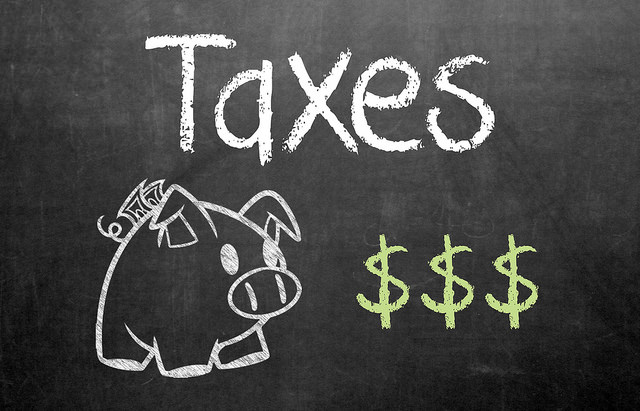
A client recently contacted me about selling their home to retire in a sunny, warm place. They wanted to know what information they would need to collect about the sale of their home for their taxes. There are many tax benefits to purchasing a home which are well known, like deducting interest payments on a mortgage. And tax reporting occurs when you sell your home. I wish I could say gathering the data to report the sale is simple, but it’s not. The following outlines what you need to track when you buy a home.
When selling your house, you will need to know the dates you purchased and sold your home, the selling price and expenses, and the adjusted cost basis of the home. The first three are easy to determine. The adjusted cost basis is not.
The cost basis of real property (land and anything built on or attached to it) is usually its cost. Your adjusted cost basis is your cost basis plus any increases or decreases as described below. I’ll refer to adjusted cost basis as “basis” from now on.
It is easiest to calculate the basis of your house as you go along. If you wait until you sell your home, you are likely to miss many expenses that could increase the adjusted basis. You might consider keeping a ledger (on paper or in a spreadsheet) that keeps track of your basis, much like you do for your checking account balance.
Some costs/expenses you incur during the buying, selling, and maintaining of your home are added to your basis while other expenses you can deduct during the year the expense is incurred. You can’t do both.
Some credits reduce your taxes this year, but also reduce your basis, so you DO pay tax on those expenses, just not now.
If you add the cost of a capital improvement to your basis and you later remove the capital improvement, you must also reduce your basis. For example, if you add a fence to your property, you would increase your basis. If you later replaced that fence, the cost of the original fence would be subtracted from your basis and the cost of the new fence would be added.
Keep in mind that expenses which add to your basis will result in the sale of your home having a smaller gain (the sell price minus the basis) and thus potentially less taxes owed. Credits that cause you to reduce your basis will result in a bigger gain on the sale of your home and therefore potentially increasing taxes.
If you’d like a summary of what expenses increase and decrease your basis, please contact me.
The information given here is found in the IRS’s Publication 17.







About The Author: Tara Unverzagt
More posts by Tara Unverzagt